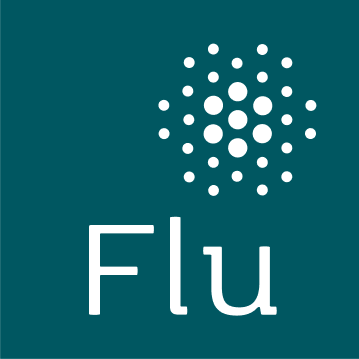Related Articles

Vaccines
The Role of Vaccines in Flu Prevention and Protection

Vaccines
Overview of Flu Vaccine Types

Flu Basics
What Kind of Flu Vaccine Is Right for You?
Recent Seasonal Flu Vaccine Updates

Vaccines
Flu Vaccine and Vaccination Recommendations for Flu Season 2024–2025

Vaccines
How Effective Is the Flu Vaccine? See Early Estimates for 2023–2024

Vaccines
Updated Flu Vaccine Recommendations for the 2023–2024 Flu Season
Special Events

Vaccines
National Influenza Vaccination Week: Get a Flu Shot Before the Holidays

Vaccines
World Immunization Week 2024: Honoring 50 Years of the Essential Programme on Immunization
Flu Vaccine FAQ
Influenza can cause mild to severe illness. A mild case of the flu may cause you to feel ill and miss work, but more serious complications can happen, too. Of the millions of people who get the flu each year, hundreds of thousands are hospitalized due to flu-related causes, and tens of thousands die from them.
According to the Centers for Disease Control (CDC), annual influenza vaccines are the best protection against the flu. Flu vaccines can reduce the risk of getting sick from the flu and having to be hospitalized for it. You might still get influenza after you’ve been vaccinated, but vaccines can reduce the severity of sickness you might feel if you do catch the flu.
The CDC recommends that adults aged 65 and older receive an adjuvanted or a higher dose flu vaccine. If these two vaccine types are not available, adults of this age group can receive a standard-dose flu vaccine. For other people outside this age group, the CDC does not recommend any particular flu vaccine over another, with rare exception.
If you are trying to decide which vaccine might be best for you, make sure you talk to your doctor or another healthcare professional.




